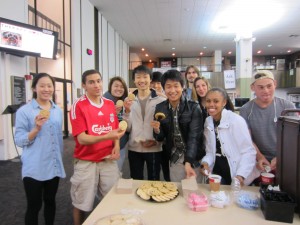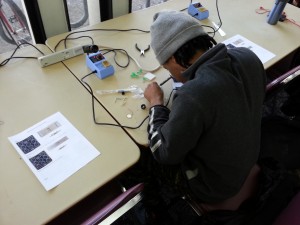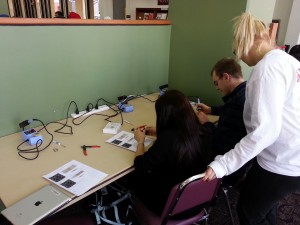Will the Temple Libraries be open during the Papal visit weekend?
If so, which ones and what will the hours of operation be? Here is a listing of our operations from Friday, September 25 through Monday, September 28.
Paley Library will be open throughout this period as follows:
Friday – 9 am to 5 pm
Saturday – 9 am to 7 pm
Sunday – Noon to 2 am
Monday – 8 am to 2 am
Please be aware that even though Paley is open it will be operating with limited staff and services. The only service desk location that will be staffed is the Access Services desk in Tuttleman. You will only be able to enter the Library through the Bell Tower entrance.
All guest computing services are suspended from Friday, September 25 through Monday, September 28 at 1 pm. No applications for guest computing or guest borrowing will be accepted during this period.
Those with research questions can obtain assistance through our virtual Ask-a-Librarian service. It will be available 9-5 Friday, Saturday and Sunday.
The Science and Engineering Library located in the Engineering Building is closed from Friday, September 25 through Monday, September 28 at 1 pm.
The Ambler Campus Library is closed on Friday, September 25, open from 9 am to 5 pm on Saturday, September 26 and then closed for Sunday, September 27 and the morning of Monday, September 28.
The Health Sciences Libraries, Ginsburg and Podiatry, will be closed Friday, September 25 through Monday, September 28 at 1 pm.
All other service units such as the Special Collections Research Center, Media Services Desk, Blockson Collection, etc. are closed until Monday, September 28 at 1 pm.
For more information please call the Access Services Desk at 215-204-0744.



